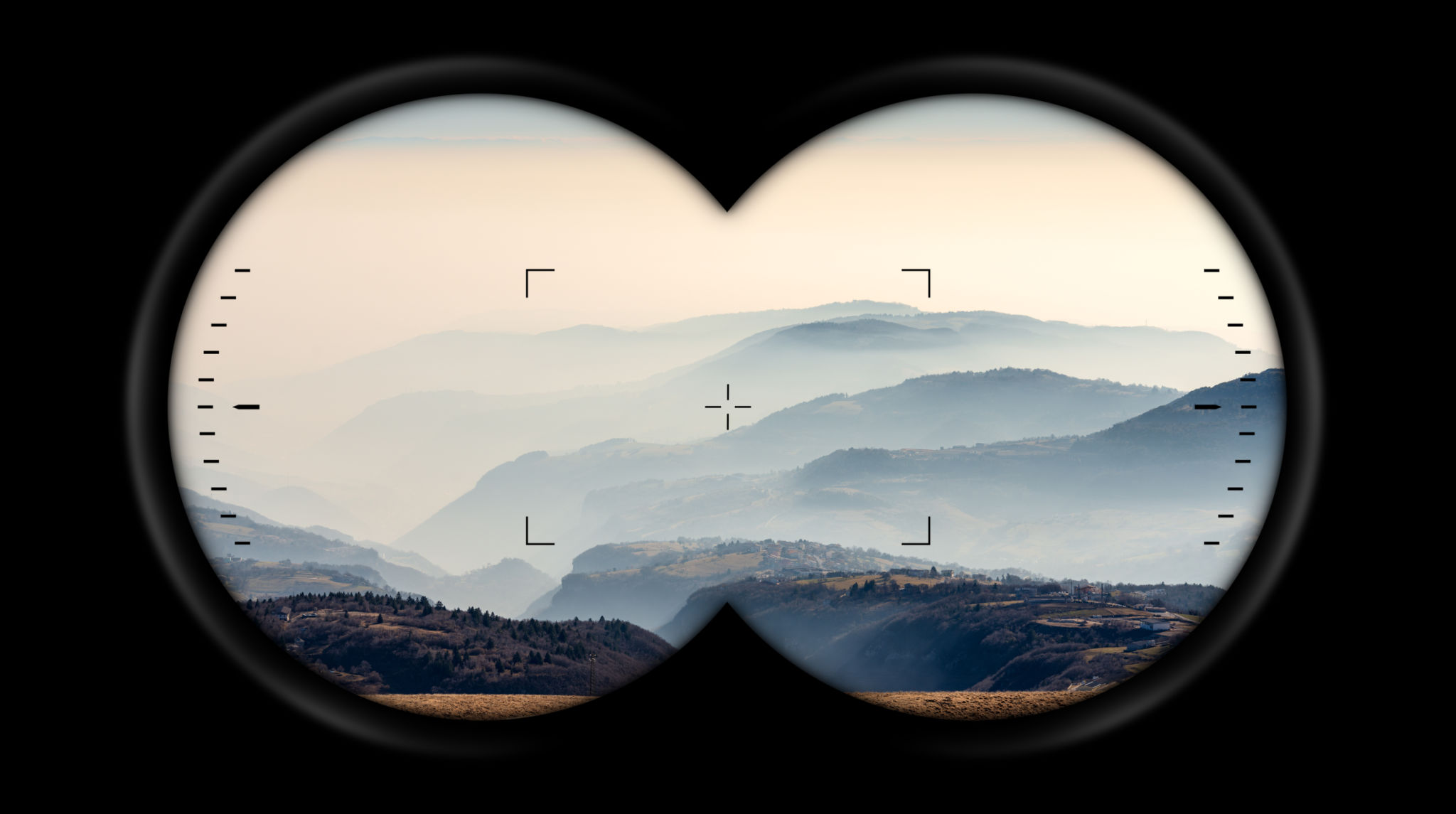The Sacred Senses: How Each Dosha Experiences the World
In Ayurveda, our five senses—jnanendriyas—are far more than biological functions. They are sacred gateways through which we perceive and interact with the cosmos. Each person experiences these gateways differently based on their dominant dosha, creating a unique sensory fingerprint that shapes how they move through the world.
Understanding your doshic sensory gifts isn't just spiritual curiosity—it's practical wisdom that can transform how you care for your mental and physical well-being.
Vata: Masters of Touch and Sound
Primary Senses: Touch and Hearing
Those with strong Vata constitution possess an almost mystical sensitivity to touch and sound. Their nervous systems are finely calibrated instruments, detecting vibrations others might miss entirely.
The Gift of Touch
Vata individuals can feel energy shifts in a room, sense tension in another's body through the lightest contact, and respond deeply to texture—from the scratch of wool to the silk of cool water. Their skin is often their most trusted advisor, signaling changes in weather, emotions, or health before their mind catches up.
The Gift of Sound
Their auditory sensitivity extends beyond mere hearing. They detect emotional undertones in voices, find healing in certain frequencies, and may feel physically disturbed by harsh or discordant sounds. Many Vata types are drawn to music, sound healing, or simply crave the medicine of silence.
This exquisite sensitivity can be overwhelming in our noisy, touch-deprived world. Vata minds may scatter when overstimulated, leading to anxiety and restlessness. Their gift requires conscious cultivation and protection.

Pitta: The Visionary Seers
Primary Sense: Sight
Pitta-dominant individuals are blessed with exceptional visual acuity that transcends simple eyesight. They are the natural observers, analyzers, and visionaries of the world.
The Gift of Sight
Their eyes are precision instruments, catching details others overlook, recognizing patterns, and processing visual information with remarkable speed. They often have strong color sensitivity and may feel energized or depleted by different hues. Many are drawn to visual arts, design, or fields requiring keen observation.
The Inner Vision
Beyond physical sight, strong Pitta types often possess what ancient texts call "the fire of perception"—an ability to see through illusions, understand complex systems, and envision possibilities. Their mental clarity often manifests as visual thinking.
This sharp vision serves their natural leadership abilities but can become a burden when they see too much—flaws, inefficiencies, imperfections everywhere. This can fuel criticism, perfectionism, and frustration when the world doesn't match their clear vision.

Kapha: Guardians of Taste and Smell
Primary Senses: Taste and Smell
Kapha individuals excel in the chemically-based senses that connect us most intimately to the earth element. Their relationship with taste and smell is both sophisticated and profound.
The Gift of Taste
They can distinguish subtle flavor profiles that others miss entirely—the mineral notes in spring water, the terroir in wine, the emotional essence in home-cooked meals. Food is never just fuel for them; it's communication, comfort, and connection.
The Gift of Smell
Their olfactory sensitivity extends to emotional and energetic realms. They can smell weather changes before they appear, detect illness through scent, and use aromatics instinctively for healing. Many become skilled in cooking, perfumery, or aromatherapy.
These gifts promote stability, pleasure, and groundedness—but can also lead to overindulgence or using sensory pleasures to avoid difficult emotions. Their challenge is learning when enough is enough.

Honoring Your Sensory Constitution
For Vata Types:
Create sensory sanctuaries with soft textures and gentle sounds
Use warm oil massages to nourish your sensitive skin
Choose clothing and environments that feel nurturing to touch
Protect your ears from harsh sounds and seek healing frequencies
For Pitta Types:
Surround yourself with cooling, beautiful visuals—especially blues and greens
Take regular breaks from screens and bright lights
Spend time in nature, practicing soft gazing rather than intense focus
Use your visual gifts consciously rather than letting them exhaust you
For Kapha Types:
Explore diverse cuisines mindfully, savoring rather than consuming
Use warming, stimulating scents like ginger, eucalyptus, or rosemary
Practice conscious eating, noticing when satisfaction truly arrives
Create aromatic environments that inspire rather than sedate
The Wisdom of Individual Perception
No two people experience the world identically. Your doshic constitution creates a unique sensory lens that is neither superior nor inferior to others—simply different. A Vata person's sensitivity to sound isn't weakness; it's a gift requiring proper care. A Pitta person's visual acuity isn't harsh criticism; it's clarity seeking appropriate expression. A Kapha person's love of taste isn't indulgence; it's a sacred relationship with nourishment.
Understanding your sensory gifts allows you to work with your nature rather than against it, creating environments and practices that support your well-being rather than depleting it.
In a world that often demands we ignore our sensory needs, Ayurveda reminds us to listen deeper—to honor the wisdom of our unique perceptual gifts and use them consciously for healing, creativity, and connection.
Your senses are not merely receiving signals—they are actively creating your reality. Choose to create consciously.
Love and blessings,
Michaela
This exploration draws from traditional Ayurvedic texts and contemporary understanding. Individual constitutions are complex; consider consultation for personalized insights.